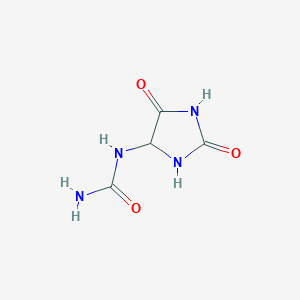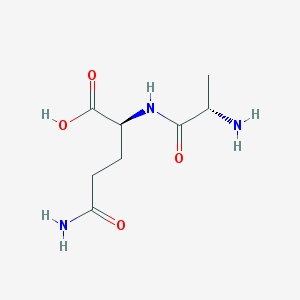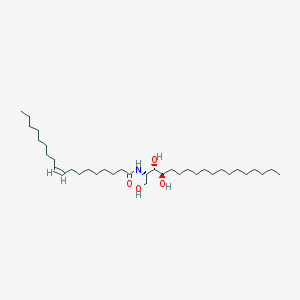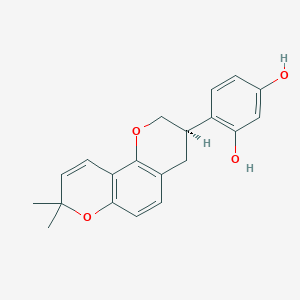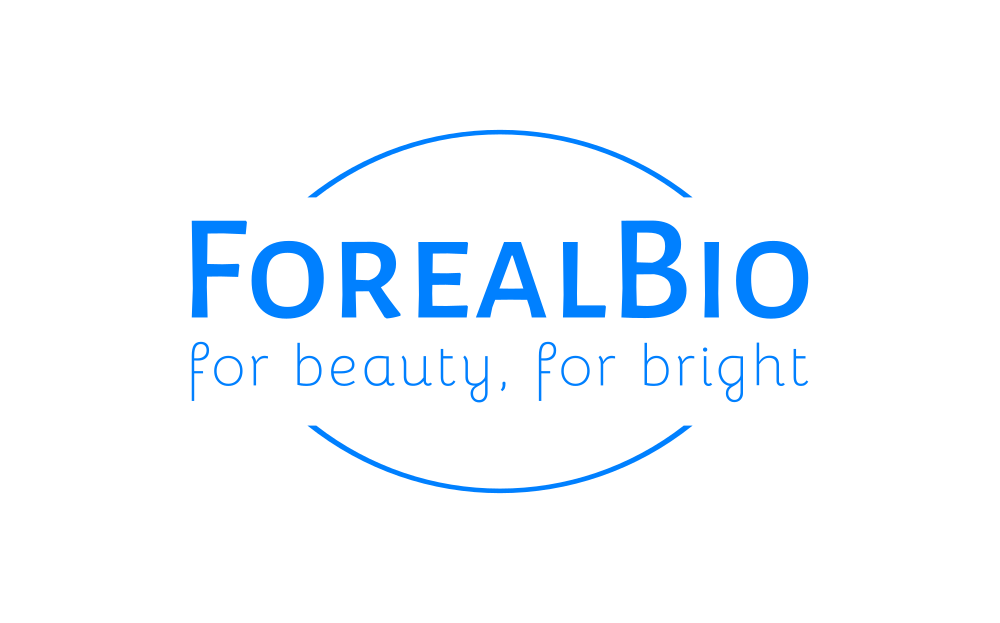Description
Allantoin is a glyoxylic acid diureide. In most organisms, including mammals, plants, and bacteria, allantoin is a significant metabolic intermediate. Urate oxidase produces it from uric acid, which is a degradation result of purine nucleobases. (or uricase).
Allantoin has long been used for its anti-inflammatory, soothing, and healing qualities. Allantoin promotes the development of healthy tissue and aids in the healing of wounds and skin irritations. Because of its ability to help heal minor wounds and encourage healthy skin, allantoin can be found in anti-acne products, sun care products, and clarifying lotions. Allantoin is found in a variety of cosmetic and pharmaceutical products, including toothpaste, mouthwash, and other oral care products, as well as shampoos, lipsticks, different cosmetic lotions and creams, and other cosmetic and pharmaceutical products.
Benefits of Allantoin
- Moisturizing: Allantoin is known for its moisturizing effects, helping to keep the skin soft and hydrated.
- Soothing: It has a calming effect on the skin, making it ideal for products aimed at reducing irritation and redness.
- Keratolytic: This means it can help in the shedding of the outer layer of skin cells, aiding in the treatment of skin conditions like acne and psoriasis.
- Wound Healing: Allantoin stimulates cell proliferation, accelerating the healing process of skin injuries.
- Skin Protectant: It forms a protective barrier on the skin, which helps to keep moisture in and harmful substances out.
Applications and Main Usage
- Skincare Products: Commonly found in lotions, creams, and ointments, particularly those aimed at sensitive or irritated skin.
- Cosmetic Formulations: Used in various cosmetic products for its hydrating properties and ability to improve skin texture.
- Medicinal Creams and Ointments: Often included in formulations aimed at treating minor wounds, burns, and skin irritations.
- Hair Care Products: Incorporated in shampoos and conditioners for its moisturizing effects on the scalp and hair.
- Dental Products: Sometimes used in toothpaste and oral gels for its soothing effect on gums.

